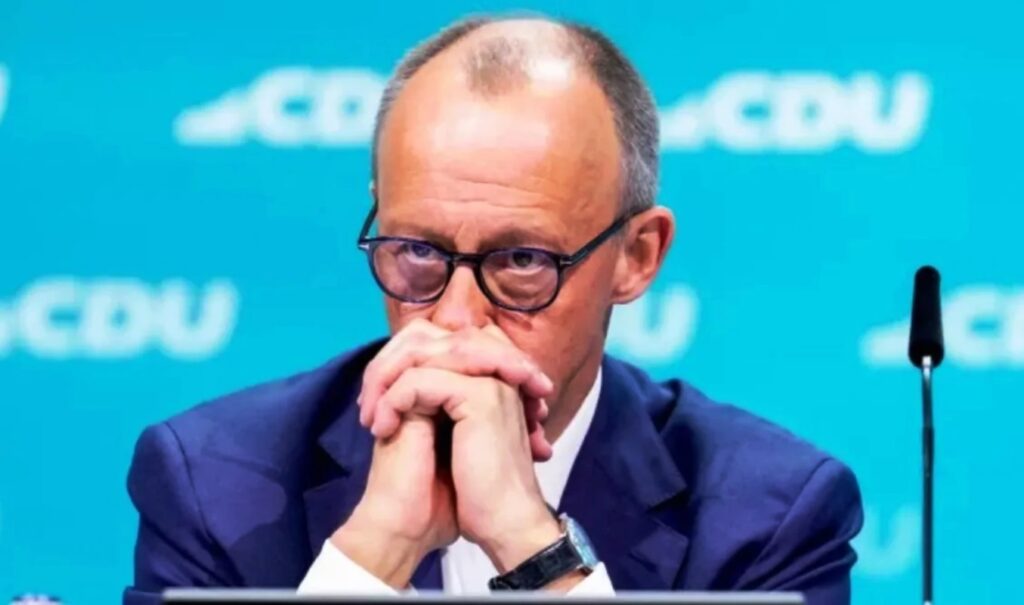The image of a superpower struggling with its own contradictions is reflected today in Germany. The country is called upon to choose between an endless chain of borrowing or painful cuts to finance its defense spending frenzy. Merz and the Berlin government are searching for ways to buy weapons without blowing up the welfare state, but the equation seems impossible.
Germany: The fiscal dilemma burning Berlin
According to Deutsche Welle, problems are accumulating daily. Delays, postponements, cuts and an uncertain future after 2027 create an explosive scenario. The 2025 budget, approved with a ten-month delay, functions as a “patch” rather than a solution. Major cuts are being pushed into the future, while everyone wonders how spending cuts will be implemented in 2028, during an election year, when it wasn’t possible to implement them at the beginning of the government’s term.
For 2025, state expenditures exceeding 500 billion euros are projected, with new borrowing of 140 billion. Meanwhile, the Federal Parliament has given the green light to a “Special Fund” with another 500 billion for infrastructure investments until 2037.
Weapons or welfare state for Germany?
The real drama lies behind the numerical balances. Social Democrat Finance Minister Lars Klingbeil has more available money than his predecessors, but also much greater demands. Defense spending increases by 20% for 2025 with further increases expected. At the same time, pressures for supporting cutting-edge technologies are mounting. The employers’ association BDI estimates the cost for the next decade at 400 billion euros.
On the flip side, the welfare state –the largest spending line at 190 billion– faces the threat of cuts. Yet, which minister will take on the political burden of cutting social benefits to buy weapons?
Berlin’s dead end
Geopolitical pressures and commitments to NATO leave no room for reducing defense spending. Thus, Klingbeil has two choices: increase borrowing risking the country’s AAA rating or cut social spending triggering a political storm. In the first case, the economy is threatened; in the second, society.
The ghost of the November 2024 collapse, when liberal Christian Lindner chose a “flight forward” that led to the fall of the Scholz government, remains alive. Today, Klingbeil is called upon to square a circle that keeps tightening. The question is whether he will manage to survive politically or if Germany will plunge into a new round of instability, with citizens ultimately paying the bill.




